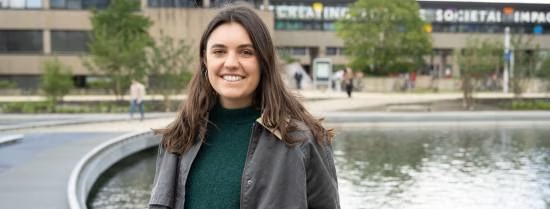15 EC
The study programme in a nutshell
The programme offers a varied set of courses (obligatory and elective), skills training, working group sessions, and guest lectures by internationally well-known scholars as well as practitioners from the field. Furthermore, you conduct your own research project (thesis) in which you apply theories and social scientific research methods to examine urban governance issues.
Mode of education
The programme provides courses and training in real life settings giving an opportunity to learn and practice scientific and managerial skills. It includes a variety of teaching methodologies aimed at interaction between teachers and students, between students and practitioners and between students themselves.
Next to general lectures given by leading scholars in the field, pedagogical games such as action planning, fieldwork and excursions are part of the teaching methods. The courses provide the most recent theoretical and empirical insights in urban governance. Practical and professional skills are developed in the urban governance labs, including working group sessions and seminars. Inspirational guest lectures enable a knowledge and experience transfer from practitioners in the field. The urban governance labs are further used to build group identity among the students.
The curriculum is subject to alteration. No rights may be derived from this information (including the information via the links).
Curriculum
Block 4
15 EC

